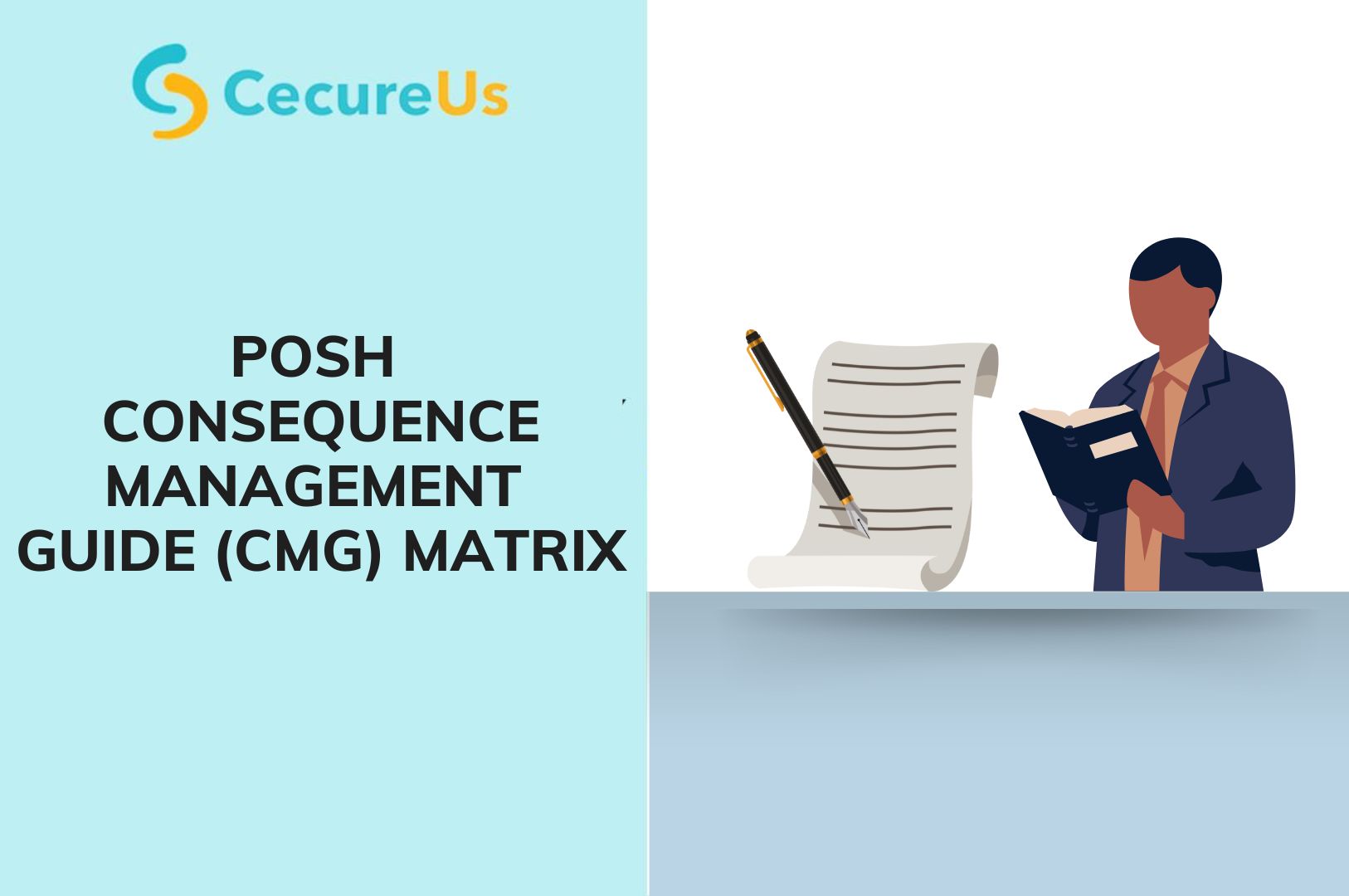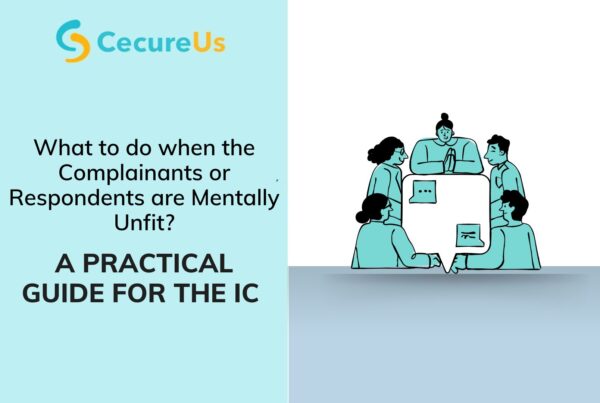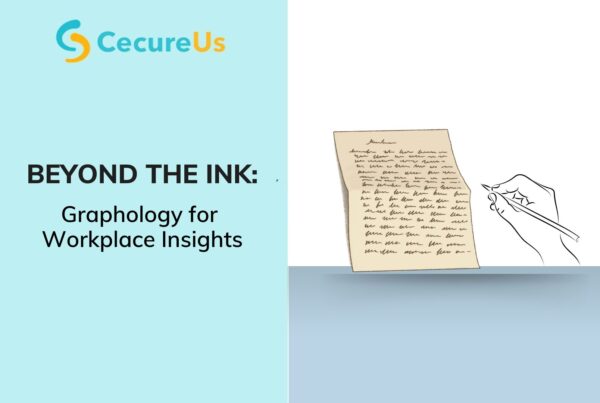Introduction to POSH Consequence Management Guide (CMG) Matrix
A POSH Consequence Management Guide (CMG) Matrix is a structured tool that supports the consistent, fair, and compliant handling of sexual harassment complaints under the POSH Act, 2013, and organizational policies. This guide outlines its purpose, benefits, access guidelines, and ideal company profiles that would benefit most from implementing a CMG matrix.
Purpose of the POSH CMG Matrix
The CMG matrix serves as an internal guide for the POSH Internal Committee (IC) to:
– Ensure consistent and fair consequence management for POSH violations.
– Provide a structured reference to determine corrective actions based on offense severity.
– Demonstrate compliance with the POSH Act and other relevant legal standards.
– Promote a safe, respectful, and professional workplace culture.
Benefits of Implementing a POSH CMG Matrix

The matrix provides numerous advantages, including:
1. Consistency in Decision-Making: Ensures similar corrective actions for comparable offenses, reducing the risk of bias.
2. Objective Assessment: Guides the IC with predefined offense categories and actions, ensuring impartiality.
3. Legal Compliance: Supports adherence to the POSH Act, reducing legal risks.
4. Efficiency: Speeds up decision-making by providing clear action steps for each severity level.
5. Transparency and Accountability: Sets clear expectations for employees, promoting awareness and accountability.
6. Reduced Retaliation and Bias: Minimizes personal biases, fostering a safer environment for reporting.
7. Promotes a Respectful Culture: Reinforces organizational values, encouraging respectful behavior.
8. Progressive Discipline: Allows for escalating corrective measures, addressing issues early and deterring repeat offenses.
9. Reputation Protection: Helps maintain a professional and compliant workplace, enhancing the organization’s image.
10. Enhanced Trust: Encourages reporting and fosters trust in the POSH process, knowing cases are managed fairly.
Types of Organizations That Benefit from a CMG Matrix
The CMG matrix is valuable for various company types and sizes, especially:
1. Medium to Large Enterprises: Companies with 100+ employees or multiple departments benefit from the structure a CMG matrix offers.
2. High-Interaction Environments: Workplaces with frequent employee interactions or customer-facing roles benefit from clear POSH guidelines.
3. Diverse Workforces: Multinational or culturally diverse companies find value in consistent, culturally sensitive handling of cases.
4. Remote or Hybrid Work Setups: Organizations with remote employees face unique harassment risks that a matrix can help address.
5. Highly Regulated Industries: Sectors like finance, healthcare, or education benefit from documented compliance with legal standards.
6. Culture-Focused Companies: Companies committed to DEI or employee well being benefit from a structured approach to promoting respect and safety.
Company Size:

– Small Businesses (<500 employees): May not require a full matrix but benefit from simplified guidelines.
– Mid-Sized Organizations (500–5000 employees): Well-suited for a CMG matrix to standardize POSH processes as they scale.
– Large Enterprises (>5000 employees): Essential to manage complex cases consistently and ensure legal compliance.
Key Components of the POSH CMG Matrix
Types of Offenses Under POSH: POSH offenses include, but are not limited to:
– Physical Conduct: Unwelcome advances, inappropriate physical contact, or molestation.
– Verbal Conduct: Offensive comments, jokes, or inappropriate sexual remarks.
– Non-verbal Conduct: Suggestive gestures, leering, or displaying sexual images/content.
– Online Harassment: Inappropriate messaging, sexting, or sharing explicit content digitally.

Severity of Violations:
The matrix classifies offenses by severity to guide proportional corrective actions:
– Minor Violations: Isolated, non-malicious behavior with limited impact.
– Moderate Violations: Recurrent or moderately serious offenses that affect the work environment.
– Severe Violations: Serious infractions with substantial impact, including quid-pro quo instances or repeat offenses.
– High-Severity Violations: Repeat offenses, cases with multiple victims, or quid pro-quo scenarios involving misuse of power.
Actions During Pendency of Investigation
During the investigation, the IC may enforce interim measures to protect all parties involved and maintain workplace integrity. These non-punitive measures aim to prevent retaliation, further incidents, or tampering with evidence or witnesses:
– Temporary Relocation: Reassignment of the respondent or complainant to another role, team, or location if needed.
– Work-from-Home Arrangements: Allowing either party to work remotely to minimize direct contact.
– Restricted Communication: Limiting direct communication between the complainant and respondent or having a supervisor to mediate communications.
– Paid Suspension: Temporary suspension with pay may be enacted if the respondent’s presence poses a potential risk to others until the investigation concludes.
– Paid Leave: If none of the above options are possible, then a paid leave can be provided to the complainant till the inquiry is concluded.
These interim measures maintain a safe, professional environment while respecting the rights of all involved parties.
POSH Consequence Management Matrix
Types of Corrective Actions
The IC assesses each case’s context, including cultural differences and individual boundaries, to determine appropriate corrective actions. Multiple actions may be combined as required. Below are possible corrective actions:
Written Apology: A formal written apology from the respondent acknowledging the misconduct for minor first-time offenses.
Verbal Warning: A documented verbal caution for minor first-time offenses; records are kept on file.
Written Warning: A documented warning for repeated minor violations or isolated serious offenses.
Relocation/Transfer: Reassignment to another role or location to prevent harassment or retaliation, especially if evidence is inconclusive but risk remains. Where evidence is conclusive and risk remains, transfer can be given to a remote location, which looks like a demotion.
Monetary Penalty: A penalty amount based on the violation’s impact may be deducted from the respondent’s salary to cover the complainant’s incurred loss.
Counseling: Mandatory counseling sessions to foster positive behavioral change. Counseling may also be offered to complainants to aid in trauma recovery.
Suspension: A temporary suspension (complying with state law, typically at 50% pay) during investigation or as a disciplinary measure for severe cases.
Blackmark: A formal blackmark on the individual’s record when serious misconduct is substantiated.
Demotion: Reduction in rank or position within the organization as a consequence of severe or recurrent misconduct.
No Promotion nor Salary hike: Restriction on eligibility for promotion or Salary Hike for a period of up to two years as a corrective action, depending on the offense severity.
Termination: For the most serious offenses, employment termination may be pursued based on robust evidence.
Training/Coaching: Mandatory POSH sensitivity training or one-on-one coaching to reinforce respectful behavior and company standards.
Behavior Monitoring: Increased supervision of the respondent to prevent further misconduct or retaliation.
Note: Multiple corrective actions, such as counseling, training, and warnings, may be issued concurrently depending on the case.
Handling Malicious Complaints
If a complaint is found to be intentionally false or malicious, the IC will consider appropriate disciplinary action against the complainant, which could include a written warning, suspension, or termination, depending on the severity of the misconduct.
Note: If allegations are unproven, no action will be taken against the parties.
| Severity of Offense | Type of Offense Examples | Potential Corrective Actions |
| Minor Violations | – Isolated incidents,
– Non-malicious behavior, – Mildly inappropriate comments or gestures |
– Verbal Warning,
– Written Apology, – Counseling, – Training/Coaching, – Written Warning (if repeated) |
| Moderate Violations | – Recurrent minor offenses,
– Inappropriate physical or verbal conduct, – Non-explicit online messages with implied harassment |
– Written Warning,
– Monetary Penalty, – Counseling (respondent/ complainant), – Relocation/Transfer |
| Severe Violations | – Serious infractions,
– Physical harassment, – Explicit online harassment, – Quid pro quo instances |
– Suspension,
– Blackmark on File, – Monetary Penalty, – Relocation/Transfer, – Training/Coaching |
| High-Severity Violations | – Repeat offenses,
– Multiple victims, – Severe or violent conduct, Misuse of position for sexual favors (quid pro quo) |
– Termination,
– Demotion, – No Promotion (eg: upto 2 years), – Blackmark, – Monetary Penalty |
Access to the CMG Matrix
The CMG matrix should be accessible to a select group within the organization to maintain confidentiality:

1. POSH Internal Committee (IC): Primary users who evaluate cases and apply the matrix for fair, compliant decisions.
2. POSH Coordinator: Supports the IC and assists with administrative needs, ensuring smooth application.
3. Board Members/Senior Management: Selected senior leaders oversee the IC’s alignment with organizational policies and compliance.
4. Legal and Compliance Team: If applicable, the legal team can ensure actions align with POSH Act standards and advise on complex cases.
Note: General employees or managers should not have access to the CMG matrix to protect confidentiality and prevent misuse.
Please reach out to us for any queries on POSH Consequence Management Guide (CMG) Matrix.
For more blogs and articles, visit our official website. Contact us for workshops and queries related to POSH, EAP (Employee Assistance Program) , Diversity and Inclusion and Code Of Conduct.





